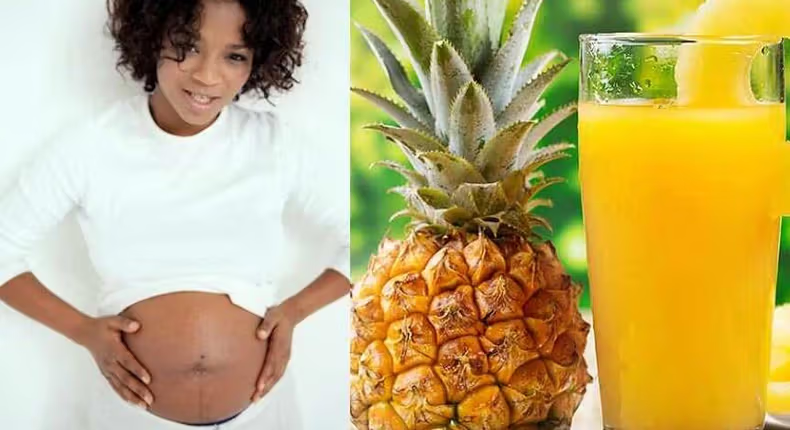Pineapple is both delicious and nutritious, but many expectant mothers wonder if it’s safe to include in their diet. Here’s what you need to know:
Is Pineapple Safe to Eat During Pregnancy?
Yes, pineapple is generally safe to eat during pregnancy. It’s packed with essential nutrients, including vitamin C, which supports immune health, aids iron absorption, and promotes healthy skin. Pineapple also contains bromelain, an enzyme beneficial for digestion.
Concerns About Pineapple and Pregnancy
The primary concern regarding pineapple during pregnancy is its bromelain content, which is thought to soften the cervix and potentially lead to early labor. However, bromelain is mostly concentrated in the pineapple stem, not the flesh that is typically consumed. Moreover, the bromelain levels in a regular serving of pineapple are too low to have a significant effect on your pregnancy.
Benefits of Eating Pineapple While Pregnant
- Rich in Vitamin C: One cup of pineapple provides more than the daily recommended amount of vitamin C, boosting immunity and supporting tissue repair.
- Aids Digestion: The natural enzymes in pineapple can help alleviate common digestive issues like bloating and constipation during pregnancy.
- Promotes Hydration: Pineapple’s high water content helps keep you hydrated, which is crucial during pregnancy.
- Boosts Iron Absorption: Vitamin C enhances iron absorption, helping to maintain healthy blood and prevent anemia.
Moderation is Key
While pineapple is beneficial, consuming it in moderation is advisable. Eating too much pineapple may cause heartburn or indigestion, particularly if you’re prone to these issues. A reasonable serving size is one or two cups a day. If you’re trying pineapple for the first time, start with a small amount to ensure it doesn’t upset your stomach.
When to Be Cautious
Some pregnant women may need to avoid pineapple if they have a sensitive stomach or a history of allergies to tropical fruits. Additionally, if your doctor has advised you to avoid bromelain-rich foods due to specific medical conditions, it’s best to limit your pineapple intake. Always consult with your healthcare provider if you have any concerns about incorporating pineapple into your diet.

